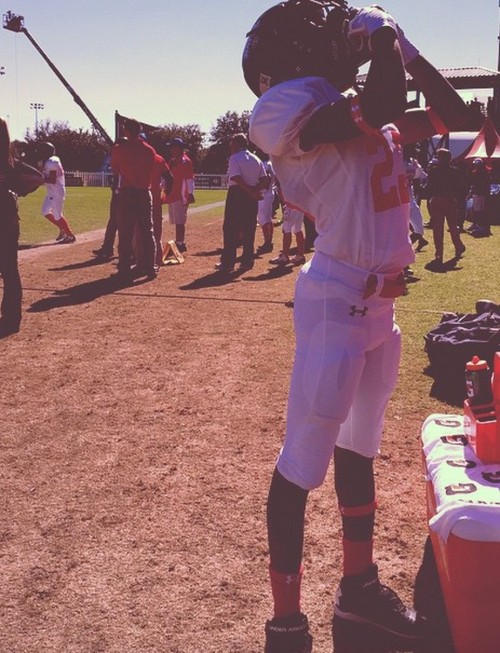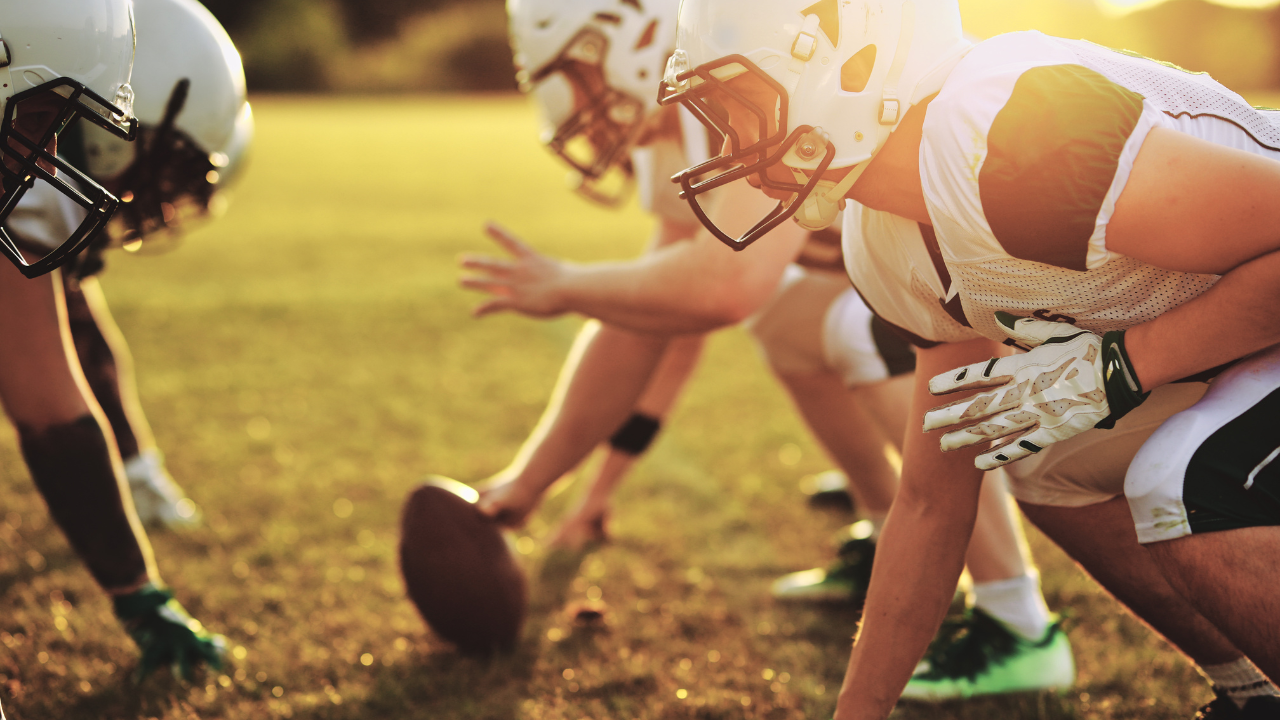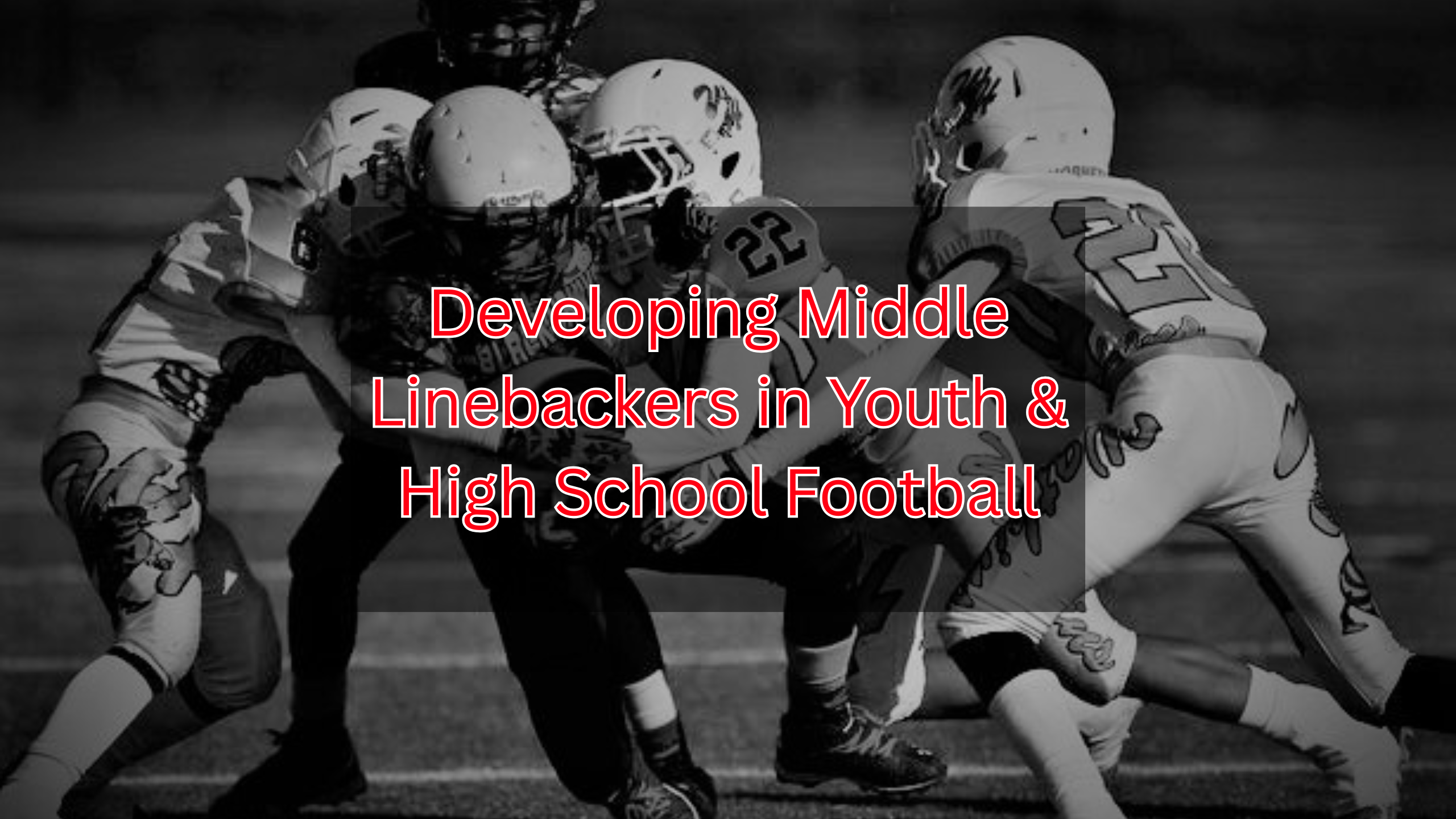Why Fluids Matter- Importance of Hydration!

Why Fluids Matter- Importance of Hydration for Youth Football Athletes
We all know that proper hydration is at the focal point of all nutritional plans. This idea is only intensified during exercise as, with physical exertion comes a much higher necessity for hydration. The human body’s ability to perform athletic movements precisely or to conduct proper exercise is decreased even with a small amount of dehydration. At the point of dehydration, or simply not hydrated adequately your muscles won’t be anywhere near optimal performance, there’s a possibility of dizziness and your body will cramp quicker.
Many factors can change the levels of hydration needed. The environment is a major factor. Warmer weather increases sweat loss and, therefore, require a higher intake of liquids. Humidity is a major factor, separate from temperature, that causes a person to sweat much more. As the athlete becomes improperly hydrated, the sweat rate will reduce. This will cause the body temperature to rise. Additionally, higher altitudes can cause more urination and more rapid breathing, which would also lead to a greater need for water intake. Illness is another factor that can heavily affect hydration levels. Water losses of as high as 200 ml/day can be a result of a fever. Vomiting and diarrhea can cause dehydration very quickly. Pregnancy, or breastfeeding, is another factor in hydration. Women who are pregnant should intake about 10 glasses of 250 ml of fluids while women breastfeeding should consume upwards of 12 glasses.
The rate at which a person should consume water is roughly equal to the rate the person is sweating. During colder weather many athletes can tolerate slightly lower hydration levels that equal nearly 2% without a risk. However, in warmer weather (>80 degrees Fahrenheit) dehydration could lead to a heat injury (heat cramps, heat exhaustion or a heat stroke) and impairs power production and acute motor function.
Fluid replacement is the main focus of coaches across all sports when it comes to proper hydration. Most coaches and athletes don’t know, or care, the rate at which it’s acceptable for water loss or the amount of water an athlete needs to consume. The idea surrounds the rate of hydration, water breaks, an athlete receives during exercise (practice or games). It is recommended that an athlete consume water prior to an exercise so as to better prepare the body to work, and help start the body at a proper hydration level. This should begin several hours before the exercise and continue until about 15-20 minutes before exercise.
You can’t talk about proper hydration without at least mentioning hyponatremia. This is caused from an imbalance between hydration (increase) and electrolytes (decrease). With this imbalance, the sodium in your body becomes diluted and your cells begin to swell, which could cause mild health problems, and, at times, more severe, possibly life-threatening issues.
Bottom line – athletes and coaches have a direct responsibility to remain hydrated to promote safety and optimal performance.
See also: Importance of Sleep for Youth Football Athletes
GET BETTER EVERY DAY!











